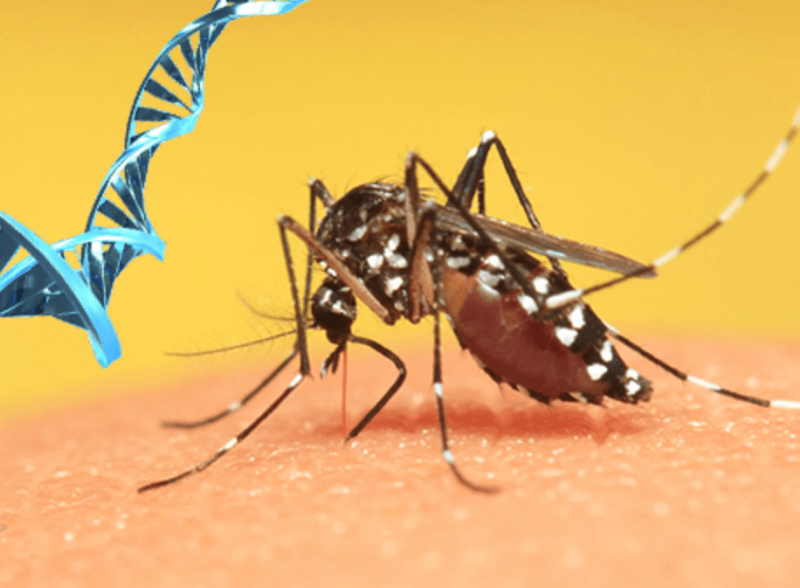[Editor’s note: Read more about Jeffery Smith and the Institute for Responsible Technology here.]
Opponents of the use of genetically modified mosquitoes in the Cayman Islands say an application to use the technique island wide is “premature.”
The Mosquito Research and Control Unit has applied for a new import permit and outlined a proposal for a two-year program to fight the disease-spreading Aedes aegypti mosquito across the Cayman Islands.
The U.S. based Institute for Responsible Technology, represented locally by HSM attorney Kerrie Cox, who also led a court action on behalf of local protesters, is asking government to consider other options. [Editor’s note: The advocacy group is headed by Jeffrey Smith, a leading anti-GMO activist. The GLP profiled him and IRT here: Jeffrey Smith: Former flying yogic instructor now ‘most trusted source’ for anti-GMO advocacy]
It is pushing an alternative technique, using bacteria called Wolbachia, and is funding a visit to the island from researchers from Michigan State University, who developed the technique.
…
The MRCU characterizes the West Bay program as phase one of an operational rollout, rather than a trial.
It says preliminary results show “without doubt” that the technique is working and it is seeking permission from the National Conservation Council for a national rollout.
…
Mr. Petrie, the director of the MRCU, previously told the Cayman Compass, the unit had looked at the Wolbachia technique…
He said the Wolbachia method had drawbacks because it involved the release of females rather than just males, which do not bite, and was not “self limiting” in the same way as the genetically modified mosquito method…
The GLP aggregated and excerpted this blog/article to reflect the diversity of news, opinion, and analysis. Read full, original post: Concern over national rollout of genetically modified mosquito project
For more background on the Genetic Literacy Project, read GLP on Wikipedia.































